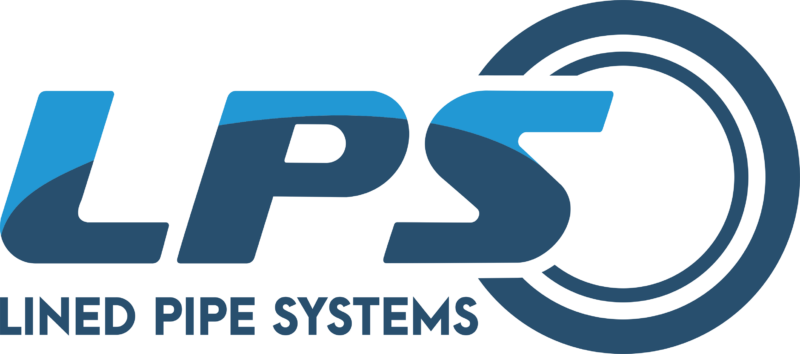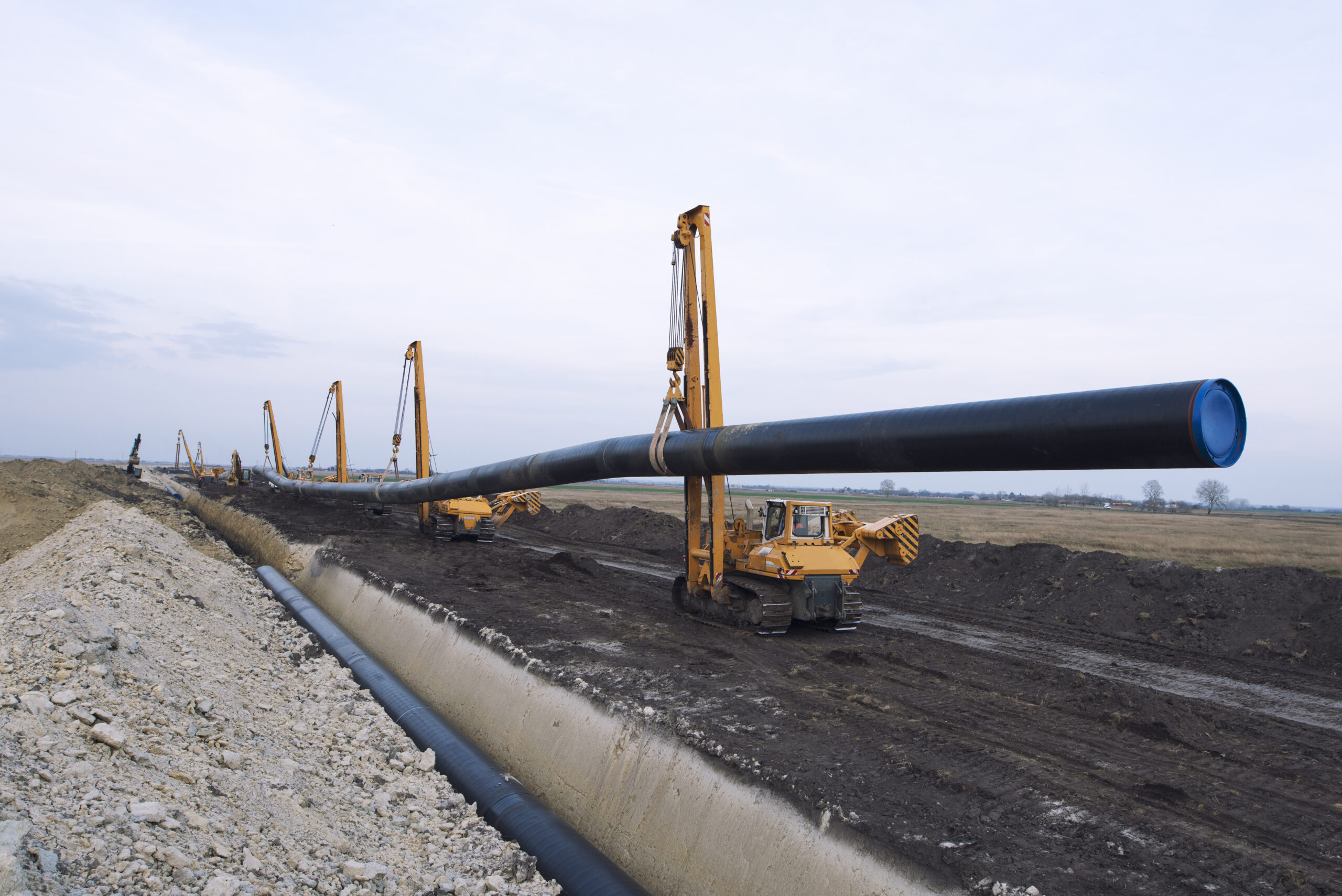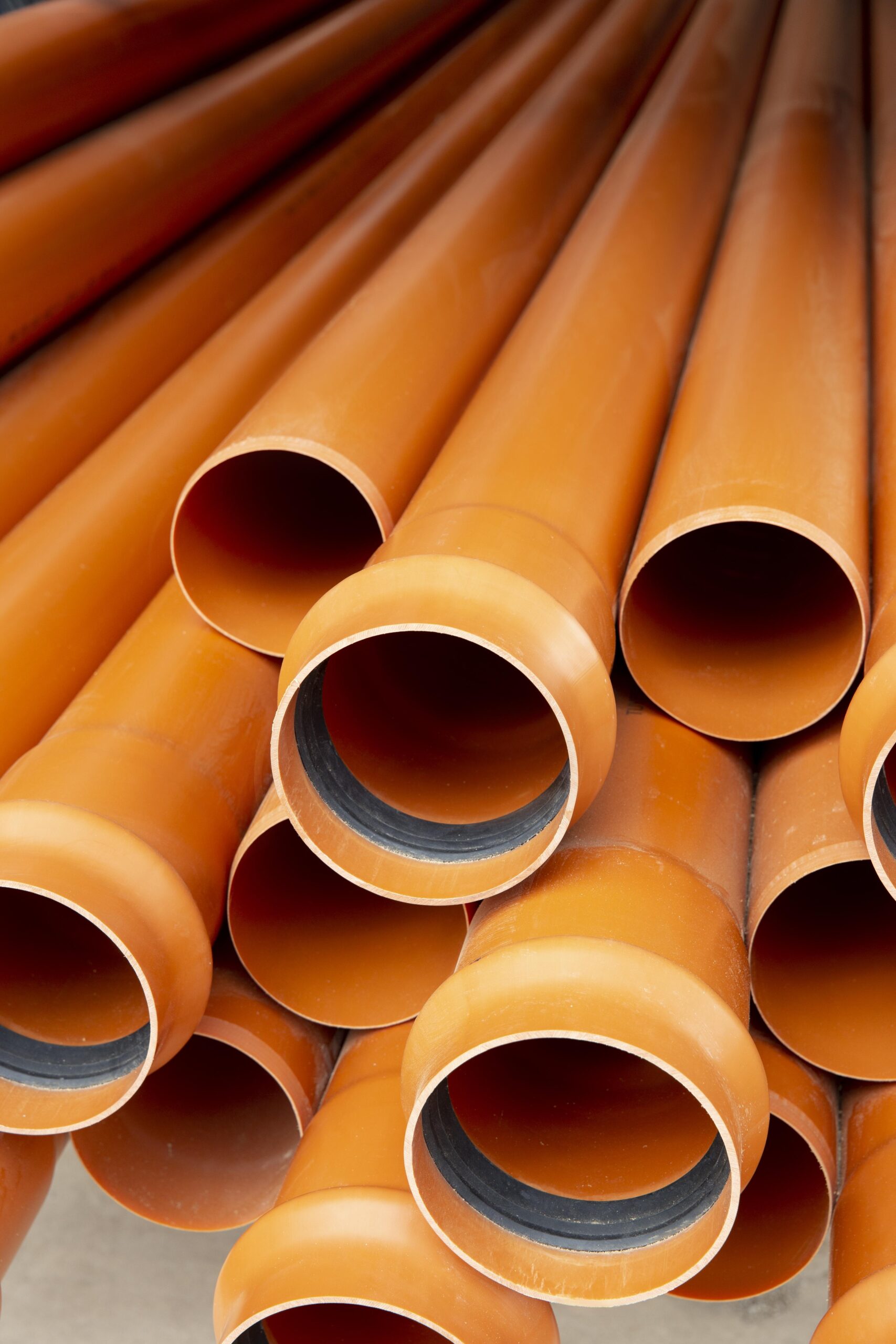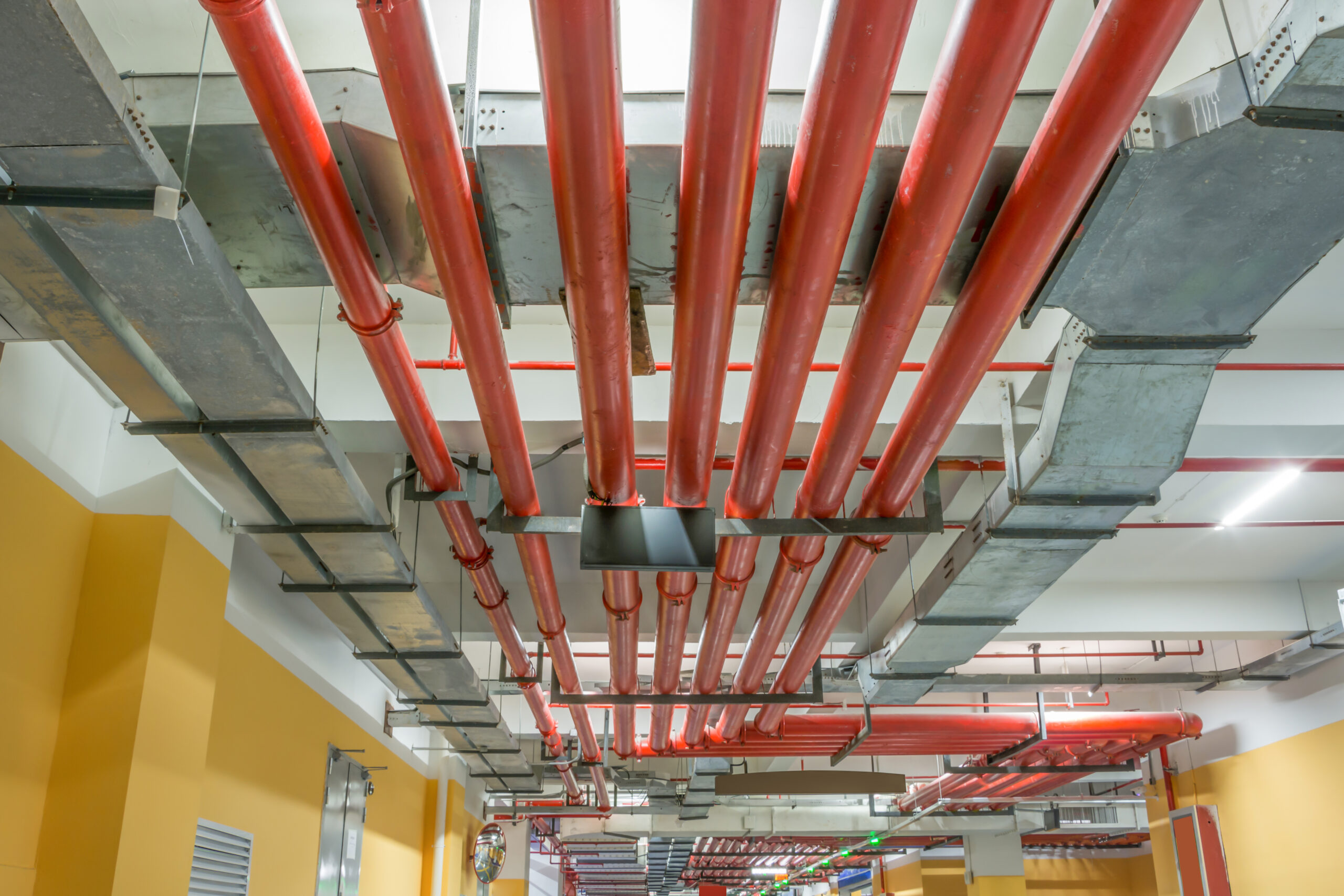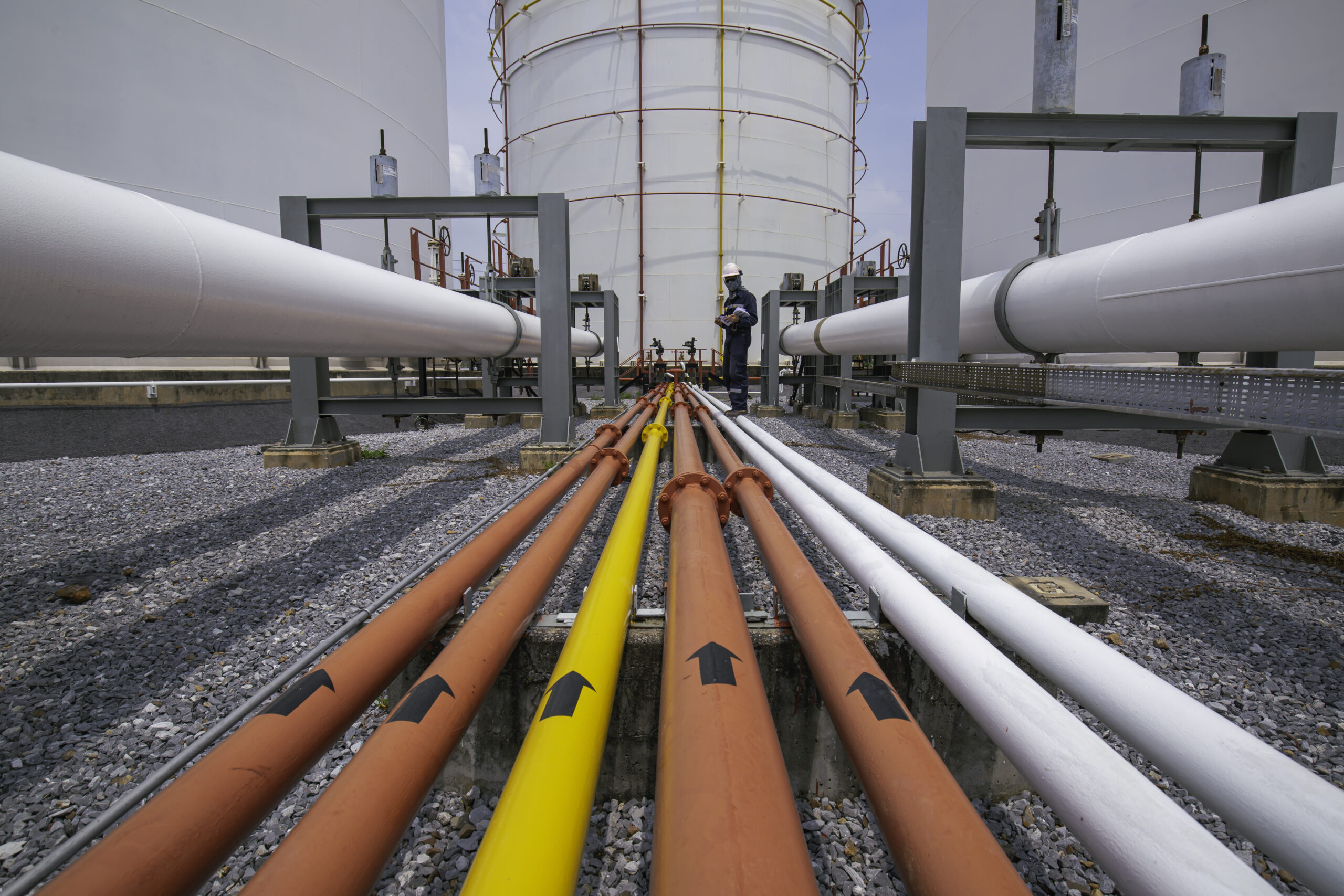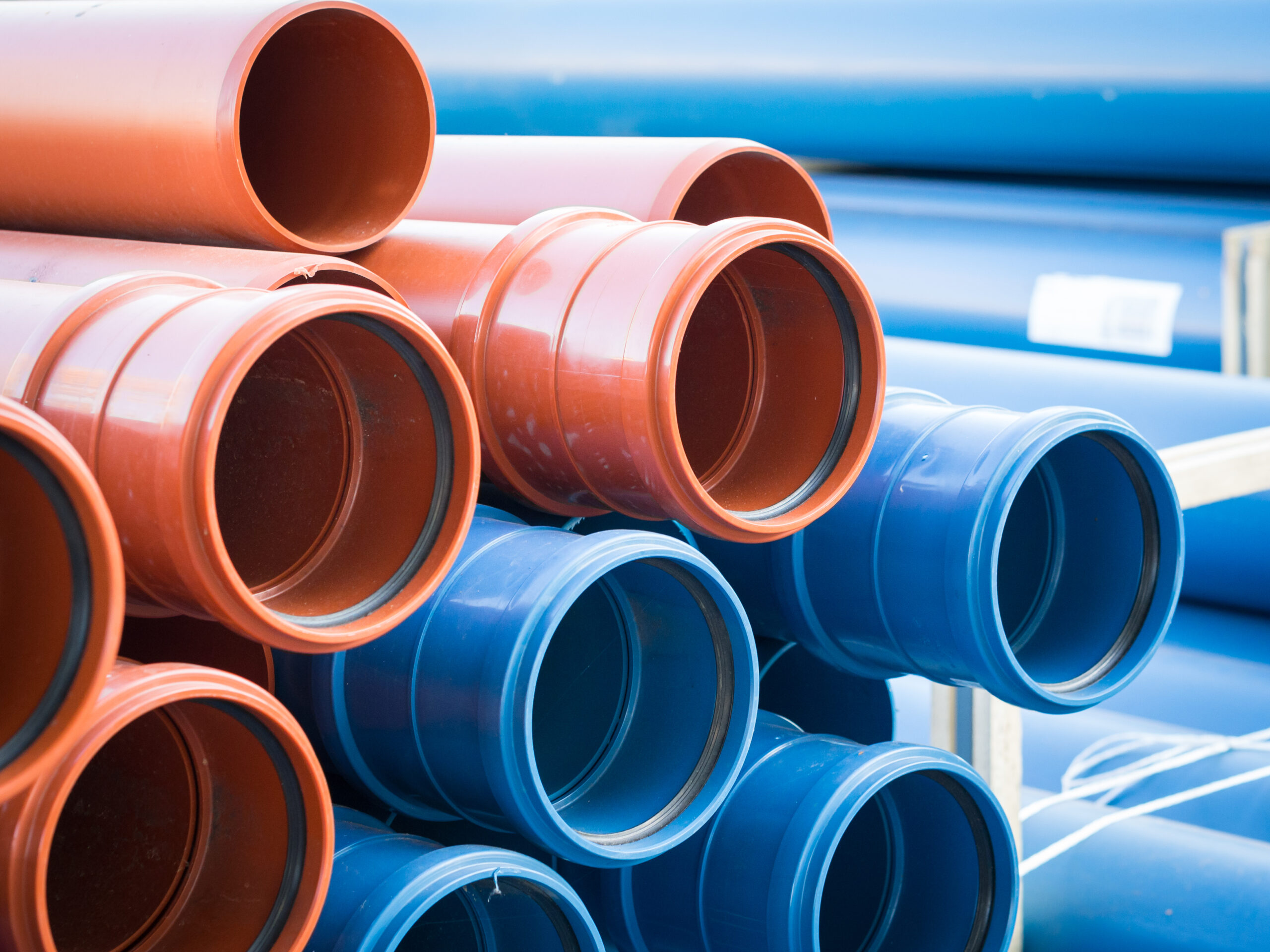Slurry pipelines remain one of the most effective ways to transport abrasive mixtures across mining, industrial, and energy sectors. Yet their efficiency is constantly threatened by wear, erosion, and material loss. Every engineer working with slurry systems knows that abrasion is unavoidable, but controlling it is the real challenge. Mitigating abrasion is essential for ensuring that pipelines last longer, require fewer repairs, and continue to perform under demanding conditions.
In recent years, sleeve systems have become a preferred method to extend the life of slurry pipelines. These sleeves provide an internal shield that takes on the abrasive impact, protecting the parent steel pipe and preventing costly downtime. In this article, we explore how mitigating abrasion through advanced sleeve systems is transforming slurry pipeline operations and why they are becoming a central part of modern pipeline design and maintenance.
Understanding Abrasion in Slurry Pipelines
Before exploring the solutions, it is necessary to understand the problem. Abrasion in slurry pipelines is caused by solid particles carried in liquid streams. As the slurry flows at high velocity, these particles repeatedly strike the internal surface of the pipe, leading to thinning, pitting, and eventual failure.
Traditional materials like carbon steel offer strength but are not resistant enough to handle continuous abrasion. Even protective coatings wear down quickly under harsh slurry conditions. This is where mitigating abrasion becomes more than just a material choice; it requires a system-level solution designed to protect critical points of weakness, particularly at weld zones and joints.
Why Mitigating Abrasion Matters
Abrasion is not just a technical inconvenience. It translates directly into operational and financial consequences. When slurry pipelines fail due to wear, operators face unplanned shutdowns, emergency repairs, and potential environmental hazards. In industries such as mining and mineral transport, where downtime costs run into millions of dollars per day, mitigating abrasion is a matter of both performance and profitability.
Furthermore, modern regulations demand higher levels of pipeline safety and environmental protection. A leaking or ruptured slurry line can lead to contamination, fines, and reputational damage. By prioritizing mitigating abrasion through engineered solutions, companies not only protect assets but also align with safety and compliance expectations.
Sleeve Systems as the Key to Mitigating Abrasion
Advanced sleeve systems have emerged as one of the most reliable solutions for extending pipeline life under abrasive conditions. Unlike conventional repair or coating methods, sleeves provide a physical barrier that can withstand particle impact, erosion, and chemical exposure.
Internal sleeves are installed at critical zones, such as girth welds, tie-ins, and bends, where abrasion tends to accelerate. By shielding these vulnerable areas, sleeves prevent slurry from directly contacting the steel surface. This targeted protection makes mitigating abrasion more effective than relying on coatings alone, which tend to degrade unevenly across the pipeline.
Types of Sleeve Systems for Abrasion Protection
Internal Pipe Sleeves
Internal pipe sleeves act as liners within the pipeline. They are engineered to fit tightly against the pipe wall, sealing the weld zone and protecting against direct particle impact. By integrating seamlessly with the internal coating or lining, they create a continuous barrier that resists abrasion.
SealSleeve™ Technology
SealSleeve™ systems are specifically designed for pipelines carrying abrasive materials like slurry. For rubber or polyurethane-lined pipelines, SealSleeve™ creates a bonded joint that eliminates gaps where wear could occur. This ensures that mitigating abrasion is consistent across the entire pipeline, including welded connections.
FlexSleeve® for Thin Linings
Thin film linings such as epoxy often fail at the weld zone, where abrasion can quickly strip away protection. FlexSleeve® solves this by creating a pressure-activated seal at the joint. When the pipeline is pressurized, the sleeve expands to block slurry from entering the weld area. This is particularly valuable in large slurry pipelines where joint protection is critical to long-term performance.
Mitigating Abrasion in Welded Joints
The welded joint has always been a weak spot in slurry pipelines. During welding, protective coatings are burned off, exposing bare steel that is highly susceptible to erosion. Even after field patching or robotic coatings, these areas often fail first.
Sleeves transform this scenario by protecting the weld zone from the start. By isolating the joint with a sleeve system, slurry never comes into contact with the exposed steel. This approach to mitigating abrasion is proactive, not reactive, ensuring that the joint retains integrity throughout the pipeline’s operational life.
Case for Advanced Sleeve Systems in Mining Pipelines
Mining pipelines represent one of the harshest environments for abrasion. Slurries often contain sharp, angular particles such as crushed ore, which can tear through protective coatings within months. In these conditions, advanced sleeve systems are no longer optional; they are a necessity.
By mitigating abrasion with sleeves, mining operators can extend the operational life of slurry pipelines by years. This reduces the frequency of shutdowns, minimizes the need for expensive replacements, and ensures consistent transport of ore to processing plants. For mining projects in remote locations, where repairs are logistically difficult, this reliability becomes even more critical.
How Sleeve Systems Reduce Downtime
Pipeline downtime is often the biggest cost factor associated with abrasion damage. Each time a pipeline is shut down for inspection, repair, or replacement, operations stall. Sleeve systems directly address this by reducing the frequency of failures.
Mitigating abrasion with sleeves allows pipelines to operate for longer periods without intervention. Repairs that might have been required every few months can be extended to years. This improvement in maintenance cycles provides both operational stability and financial savings, making sleeve technology a smart investment.
The Role of Sleeves in Sustainable Operations
Today’s industries face increasing pressure to operate sustainably. Mitigating abrasion is directly connected to sustainability because it reduces material waste, energy consumption, and the need for frequent replacements. A longer-lasting pipeline means fewer steel pipes are manufactured, transported, and installed, lowering the overall carbon footprint of operations.
Sleeve technology also helps companies meet their environmental, social, and governance (ESG) goals. By preventing leaks and minimizing material loss, sleeves ensure that slurry pipelines operate responsibly and safely, aligning with modern sustainability standards.
Future of Mitigating Abrasion with Sleeve Systems
The demand for efficient slurry transport is only expected to grow as industries expand. This makes mitigating abrasion a long-term challenge that will define the future of pipeline infrastructure. Advanced sleeve systems are already proving to be a vital part of that future, offering engineered solutions that outperform traditional methods.
With ongoing innovations, sleeve technology will likely evolve further, providing higher resistance to wear, better integration with coatings, and faster installation methods. Companies that adopt these solutions early will benefit from safer, longer-lasting, and more cost-effective slurry pipeline systems.
Conclusion
Slurry pipelines will always face the challenge of abrasion, but modern sleeve systems offer a clear path forward. Mitigating abrasion is no longer about temporary fixes or frequent repairs. It is about designing pipelines with built-in protection that ensures longevity, safety, and efficiency.
Advanced sleeve systems such as FlexSleeve® and SealSleeve™ are leading this transformation by providing durable, targeted protection where it matters most. For industries that rely on slurry transport, investing in sleeves is not just a technical solution, it is a strategic advantage that safeguards assets and ensures reliable operations.
